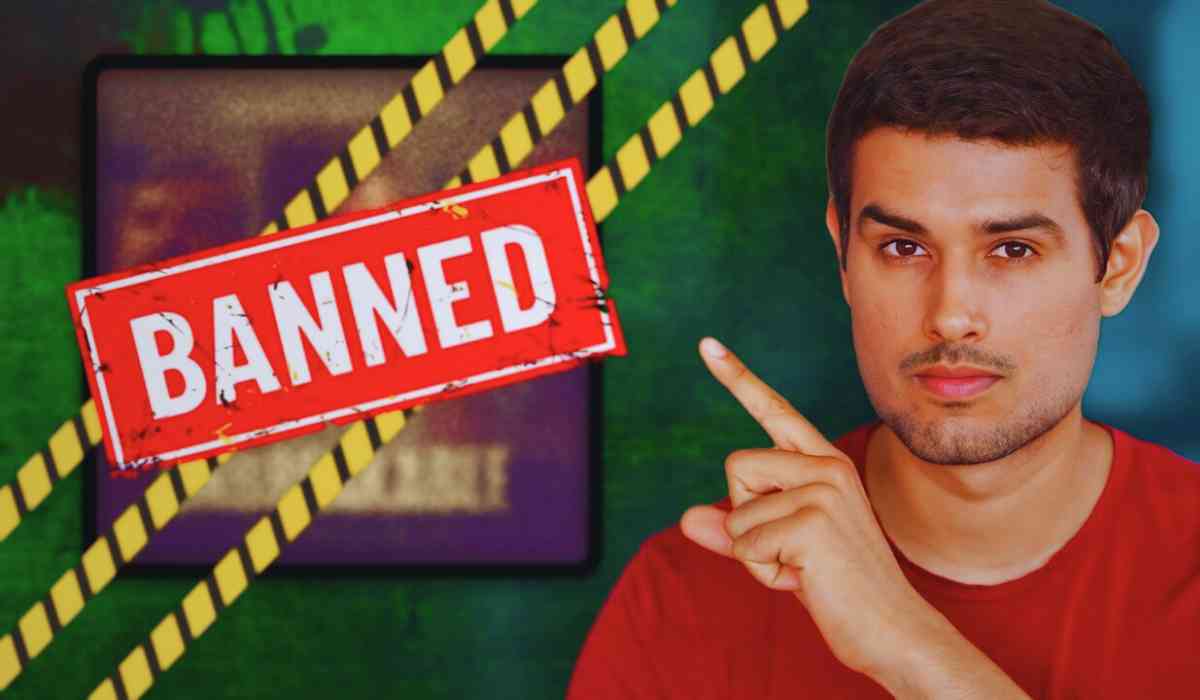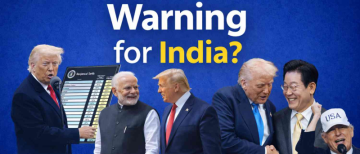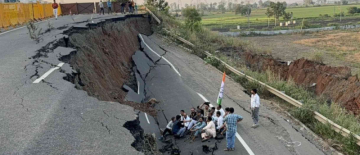The recent release of the documentary Unbreakable by YouTuber Dhruv Rathee has ignited a fierce political debate in India, particularly surrounding the Aam Aadmi Party (AAP) and its leader, Arvind Kejriwal. This 30-minute film chronicles AAP's tumultuous journey, focusing on the struggles and alleged injustices faced by its leaders. With the Delhi Assembly elections looming on February 5, the timing of this release has raised eyebrows and sparked controversy.
The Documentary's Viral Impact
Released on January 20, 2025, Unbreakable quickly went viral, amassing millions of views within hours. Rathee's provocative caption—"Watch this before it gets banned!"—suggests an awareness of the contentious nature of the film and its potential repercussions. Featuring interviews with key AAP figures, including Kejriwal and Delhi Chief Minister Atishi, the documentary paints a narrative of resilience against alleged political oppression.
BJP's Response: Censorship or Compliance?
The Bharatiya Janata Party (BJP) has been vocal in its opposition to the documentary. They argue that the screening was halted due to procedural violations related to election guidelines, as no permissions were obtained from the District Election Officer. Kejriwal has countered these claims, labeling the police's actions as "hooliganism and dictatorship," asserting that the screening was a private event unrelated to electoral campaigning.BJP leaders have dismissed Kejriwal's assertions, suggesting that he needs to prove his innocence in court rather than through a self-produced film. This clash highlights a broader narrative of political maneuvering as both parties prepare for an intense electoral battle.
Dhruv Rathee: AAP Ally or Neutral Observer?
Rathee’s involvement has led to questions about his neutrality. Supporters hail him as a fearless truth-teller standing up against censorship, while critics accuse him of being a mouthpiece for AAP propaganda. The debate intensifies around whether Rathee is genuinely advocating for transparency or if he is merely serving AAP’s political interests.
The Bigger Picture: Is Kejriwal Innocent?
As allegations swirl regarding Kejriwal's integrity and governance, the documentary seeks to portray him as a victim of systemic oppression. However, critics argue that showcasing personal narratives does not absolve him from legal scrutiny related to corruption charges. The question remains: Is this documentary a genuine reflection of AAP’s struggles or a calculated political strategy ahead of elections?
What are the reasons behind the BJP's alleged ban on the film?
The BJP's alleged ban on Dhruv Rathee's documentary Unbreakable appears to be rooted in several key concerns:
- Election Regulations: The BJP claims that the screening of Unbreakable was halted due to procedural violations related to election guidelines. They argue that no permissions were obtained from the District Election Officer for the screening, which is a requirement during the election period. This justification has been a common tactic used by the party to regulate content that they perceive as politically sensitive or potentially damaging to their electoral prospects.
- Political Narrative Control: The BJP has a history of attempting to control narratives in media that may challenge their political standing. By banning Unbreakable, which portrays AAP and Kejriwal in a sympathetic light, the BJP may be trying to prevent any potential shift in public sentiment that could favor AAP ahead of the upcoming elections. This aligns with their broader strategy of managing how political figures are depicted in media, particularly when facing anti-incumbency sentiments.
- Fear of Communal Tensions: The BJP's actions may also stem from apprehensions about communal tensions that could arise from screenings of the film. Given the charged political atmosphere surrounding AAP and its allegations against the BJP, there are concerns that the documentary could incite protests or violence, similar to past incidents where films have led to communal unrest. This fear has been cited in various contexts where films have been banned or restricted due to their content being deemed inflammatory.
- Censorship Precedents: The BJP has previously engaged in censorship regarding films and documentaries that challenge its narrative or portray it unfavorably. The party's approach often involves invoking emergency powers or election-related laws to suppress content that it views as detrimental to its image or electoral strategy. This pattern indicates a broader trend of using regulatory measures as a means of controlling public discourse.
In summary, the BJP's alleged ban on Unbreakable seems driven by a combination of regulatory compliance, control over political narratives, concerns about communal harmony, and historical precedents of censorship in Indian cinema and media.
Conclusion
The unfolding drama surrounding Unbreakable, Dhruv Rathee's role, and BJP's attempts to curb its influence encapsulates the volatile intersection of media and politics in contemporary India. As voters prepare for the upcoming elections, the implications of this documentary may resonate far beyond its immediate content, shaping public perception and electoral outcomes in significant ways.
With inputs from agencies
Image Source: Multiple agencies
*The views expressed are personal to the author and do not reflect the platform's opinion of the same.
© Copyright 2024. All Rights Reserved Powered by Vygr Media.





















